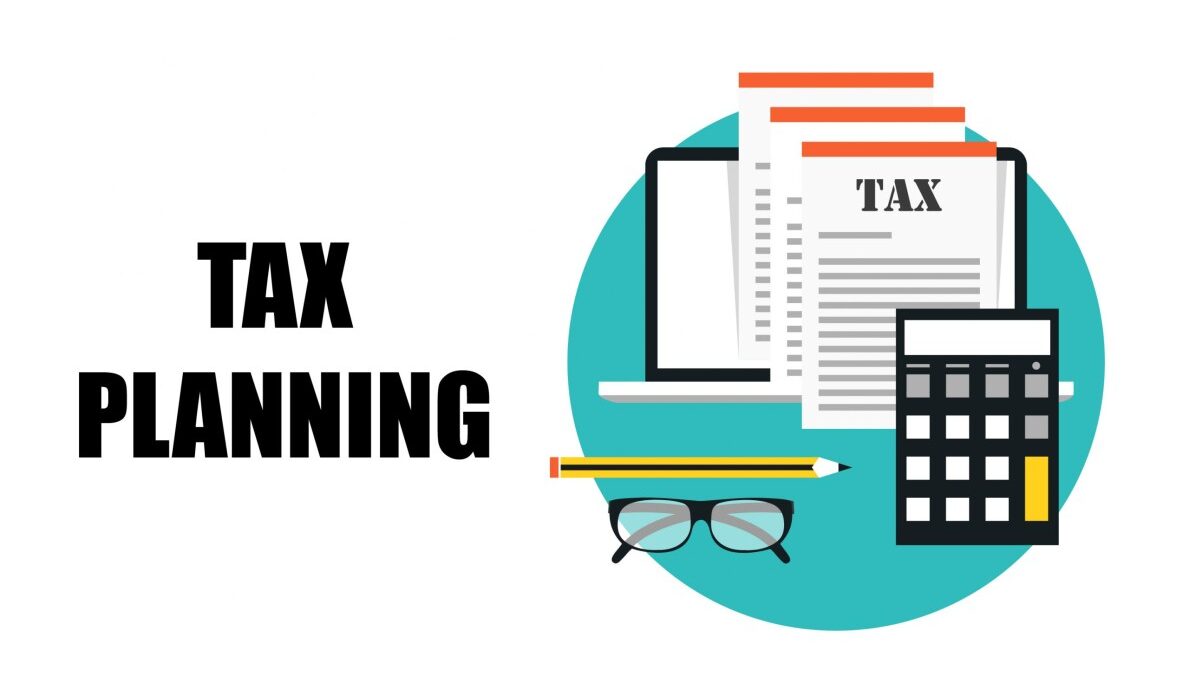Running a small enterprise means having to take care of a lot of tasks like operations, sales, and staff management, as well as monitoring the finances. One of the key factors of financial management is good tax planning. One of the main advantages of good tax planning is that it not only assists in reducing the tax liability but also increases the cash flow that can be utilized to reinvest in the business.
The following are some of the practical, actionable tax planning strategies that every small business owner in India should consider to position themselves tax-wise in 2025 and beyond.
Choose the Right Business Structure
The legal structure of your enterprise plays a critical role in determining how much tax you will pay. Some of the most common options are as follows:
- Sole Proprietorship: The income is taxed as the individual’s personal income under the individual tax slabs. This is simple, but it can also lead to higher rates of taxation as income rises.
- Partnership Firm: The income is shared among the partners, and each one is taxed on his or her share.
- Limited Liability Partnership (LLP): The partnership is treated as a separate entity for tax purposes and taxed at a flat rate of 30%.
- Private Limited Company: The company is taxed at a flat rate of 22% under Section 115BAA if it meets the conditions of minimum compliance, but with stricter compliance requirements.
If you are running a sole proprietorship and your business is growing, then consider restructuring into an LLP or Private Limited Company for the advantages of lower tax rates and other benefits, for instance, limited liability.
Keep Accurate and Detailed Records
Accurate recordkeeping is very important to effective tax planning. You should keep organized books of accounts, such as:
- Sales invoices and receipts
- Purchase and expenses bills
- Bank statements and reconciliations
- Payroll records
If you have staff, then Cloud Accounting software can automate your bookkeeping and make it easy to track expenses and find every possible deduction when it is time to do your taxes.
Take Full Advantage of Business Expense Deductions
Many business expenses under Indian tax law are deductible from taxable income, which lowers the overall tax liability. Common deductible business expenses include:
- Rent, utilities, or office supplies
- Salaries and benefits for employees
- Business travel and meals
- Marketing or advertising costs
- Interest on business loans and overdrafts
- Depreciation on your business assets
You must keep records of all business expenses with a bill or receipt. In addition, it is very important to keep personal expenses separate from business expenses.
Claim Depreciation and Deductions
You can claim depreciation on physical business assets such as machinery, computers, furniture, or cars. The purpose of depreciation is to spread the cost of business assets over their useful life or a specified period of time. As a result, your taxable profit will decrease each year as you deduct a portion of the depreciation expense from gross income.
Some industries also qualify for the additional deduction of 20% depreciation on the new machinery and manufacturing (Section 32(1)(iia)) in the first year of installation; this can create a significant tax benefit..
Use Presumptive Taxation to Your Benefit
The presumptive taxation scheme provided by Sections 44AD and 44AE permits smaller businesses with a turnover of up to ₹2 crore (services) or ₹5 crore (manufacturing or trading) to report income at a fixed percentage (generally 8% of turnover) without maintaining thorough records. This not only reduces tax compliance but also lowers the tax base in many cases.
But, if your real profits are less than the presumptive income, you must not use this scheme since you will be taxed on a possibly higher declared income.
Make Smart Capital Expenditure Plans
Capital expenditures, like purchasing heavy machinery, vehicles, or office supplies, are not deductible at once. But the cost can be spread thin through depreciation over the years. Major asset purchases scheduled just before the end of a fiscal year may expedite your depreciation claim. Consequently, your taxable income for the current year may be lower, and your cash flow situation may be better.
Manage Salary and Dividend Components
If you run a private limited company, you can optimize tax efficiency by judiciously splitting income between salary and dividend payments.
Salaries benefit the firm as deductible expenses, but on the other hand, they have to pay taxes on those amounts as taxable income.
Tax on dividends is at a lower rate, but they are distributed after-tax profits, which have already paid corporate taxes. The combined tax liability can be minimized by evening out the two according to your tax bracket and company profits.
Make good use of tax benefits under Section 80C and other reliefs
Small business owners, personal income tax planning affects the total tax outgo of the business. Tax saving instruments ( e.g. Public Provident Fund, Equity-Linked Saving Schemes, life premiums) Under Section 80C, it can be utilized as a means to bring down the amount of taxable income. Besides, claims under Section 80D for health insurance and Section 24 for home loan interest can give additional tax relief.
Keep up with GST and Input Tax Credit (ITC) regulations
Goods and services tax (GST) registration is required if the company’s turnover is 40 Lakh rupees or more (20 Lakh rupees for special category states).
In order to reduce the company’s tax liability on GST, one has to maintain proper documentation of the tax paid on purchases (input tax) for claiming Input Tax Credit (ITC). Proper and timely filing of GST returns not only avoids penalties but also helps to keep the credit claims intact. Professional help or accounting software could be used to ensure that the company remains compliant correctly.
Tax planning and timely filings
Small businesses are required to approximate their tax obligation and pay their tax in advance in quarterly payments to avoid incurring interest charges.
Missing advance tax payment deadlines can result in penalties. It’s crucial to keep financial records updated and estimate tax amounts to avoid late fees. Timely filing of tax returns promotes smoother business transactions.
Consider Professional Tax and Consultant Help
Given complex laws and frequent changes, consulting a Chartered Accountant (CA) or tax advisor is a smart investment. They offer customized tax planning, compliance updates, and tax-saving strategies tailored for your business needs. Professional advice ensures you don’t miss out on privileged deductions or face legal complications due to errors.
Embrace Digital Taxation and Technology
Digital tools simplify tax planning for small businesses. Services like e-filing, GST portal, and digital invoicing help reduce errors, expedite filings, and maximize compliance. AI-driven tax planning apps also analyze your finances to identify savings opportunities and alert you about deadlines.
Conclusion
Small business owners who actively plan their taxes benefit by reducing liabilities, improving cash flow, and gaining resources to invest in their ventures. Choosing the right business structure, maintaining clean records, leveraging deductions, and complying timely with GST and income tax rules form the cornerstone of effective tax planning.
Frequently Asked Questions
Tax planning helps small business owners reduce their tax burden, increase cash flow, and make better use of funds for business growth. It also ensures compliance with tax laws and helps avoid penalties.
Small business owners can save taxes through deductions on business expenses, depreciation on assets, investment under Section 80C, and health insurance premiums under Section 80D. Choosing the right business structure also impacts overall tax savings.
While it’s not mandatory, hiring a Chartered Accountant (CA) or tax advisor is highly recommended. They help in accurate filings, maximizing deductions, and ensuring full compliance with changing tax regulations.

